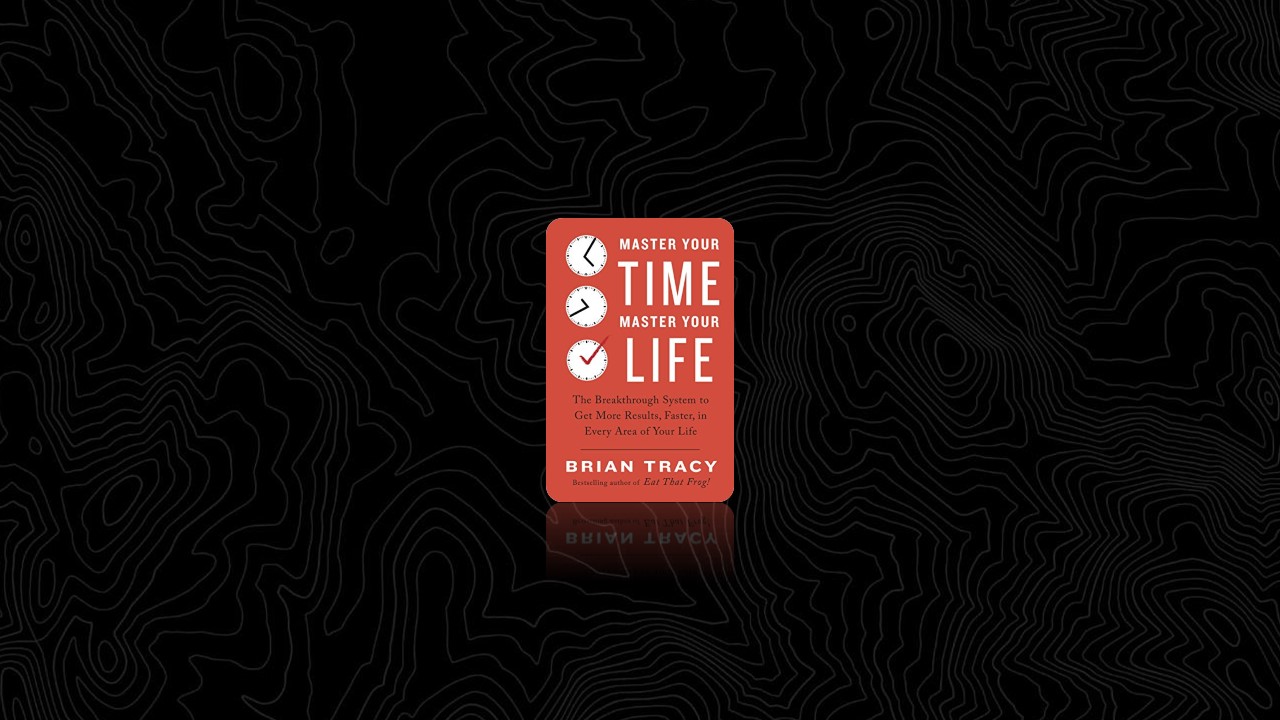YOUR CHOICES AND DECISIONS ARE EVERYTHING
As long as you respond effectively to the continuous challenges of daily life and work, you continue to grow smarter and more capable and move toward the fulfillment of your full potential.
More than anything, your success in both the short and the long term is largely determined by the way you respond to the inevitable and unavoidable difficulties and challenges of daily life. This is called your response ability, your ability to respond effectively to the nonstop and conflicting demands on your time.
In this book, you will learn a series of the best time usage and time management principles ever discovered, the same time management techniques and strategies practiced by the most successful and happy people in our society.
THE 1 PERCENT VERSUS THE 99 PERCENT
Today, there is great controversy over the difference between the 1 percenters and the rest of us. The claim is that the 1 percenters own or control more wealth than everyone else put together. However, that statistic is inaccurate.
The real difference is actually between the top 3 percent and the other 97 percent. Because most people start off with little or nothing, the real question ought to be, “How did the 3 percent, who started with nothing, become so successful in the course of one or two generations?”
The answer is simple. The top 3 percent have clear, written goals and plans that they work on every day. They know exactly who they are, what they want, and where they are going. They have a blueprint, a road map, that guides them faster and with ever-greater accuracy toward achieving the health, happiness, wealth, and prosperity that most people strive for all their lives.
MAKING WORK TIME MORE PRODUCTIVE
There are a series of ways for you to use productive time that will dramatically increase your productivity, performance, output, rewards, and income. Because 95 percent of what you do is determined by your habits, and you learn new habits by practice and repetition, within a month of practicing the following proven techniques, you will double and triple your productivity. You will put yourself on the side of the angels.
MAKE A LIST
The first time management technique is simply to write out a list of everything you have to do before you begin work each day. Even better, make a list of everything you have to do on the following day as the last thing you do when you finish your workday.
SET CLEAR PRIORITIES
Prioritize your list before you begin work. Take the time to stand back and think about what you have to do, recognizing that you will never be able to get everything done. No matter how productive you are, there will always be too many tasks for you to complete. You’re always going to have to choose which tasks to do first, which tasks to do second, and which tasks to do not at all.
WHAT DETERMINES YOUR INCOME?
Your income will be largely determined by three factors: The work you do, how well you do it, and the difficulty of replacing you.
If you are not happy with the amount you are being paid, you must do different work or you must do your current work better, and you must become indispensable to your company so they would have tremendous difficulty finding someone to replace you.
Just as there are things that you do that have consequences or results in your life, the things that you don’t do can have consequences as well. And sometimes your inactions have greater consequences than you can imagine.
A person who comes to work at the last minute, spends most of their day socializing with their friends, takes long coffee breaks and lunch hours, and leaves at the earliest possible minute is engaging in actions that will soon have negative consequences for his career. Failing to upgrade your skills, to use your time well, or to work hard at your most important tasks are inactions that can have enormous negative consequences as well.
CONTINUE TO LEARN AND GROW
People in the top 20 percent use their spare time well. They continue to learn and grow throughout their careers. As a result, their incomes increase at an average of 11 percent per year. At 11 percent per year, with the power of compounding, your income will double every 6.7 years.
This means that, if you start off at the age of twenty getting better and better each year, studying an average of ten hours per week, by the age of twenty-seven, you will be earning twice as much as you were when you started. By the age of thirty-four, you will double your income again and be earning four times as much. You will be one of the highest paid people in your field.
If you keep improving, increasing your productivity, performance, and income by 11 percent per year, by age thirty-nine you will double your income again and be on your way to personal wealth. If you keep this up throughout your life, by the time you reach your forties and fifties, you will be in the top 10 percent, or even in the top 1 percent, of money earners in the world today.
ONE THING AT A TIME
In work time, when you are working with and around other people, remember that you can do only one thing at a time. That one thing should be the most important thing that you can do at this minute.
There is a principle called the Law of the Excluded Alternative. This law states that whenever you choose to do one thing, you are simultaneously choosing not to do everything else that you could be doing at that moment. The reason this law is so important is that, quite often, the task you are choosing not to do is far more valuable and important than the task that you are working on right now. It has much greater potential consequences.
The most important quality for success at work is your ability to avoid distractions and time wasters. It is to keep focused on getting the most important results that you are responsible for.
BALANCE IS ESSENTIAL
To be truly happy, you must achieve a balance between your family/relationships and your work life. But each of these activities requires a different type of time. Work requires quality time—setting goals and priorities, working on high-value activities, getting results, and performing at your best. Family time requires quantity time—long unbroken stretches of time where the happiest and most important moments of your life take place.
It is said that we live life by the days and months, but we experience it in the moments. The most important moments of your life, as you look back, occur almost always unbidden and unexpected, usually complete surprises. You could not have planned or prepared for them.
The essayist Michel de Montaigne wrote, “The greatest joys in life are happy memories, which you can revisit at any moment of time. Therefore, the great business of life is to create as many of them as possible.”
You create memories by allowing large blocks of relaxed, unstructured time during which those unexpected memories can occur. And you never know when they will happen.
SLOW DOWN TO GO FASTER
Most people feel that they have too much to do and too little time. They don’t have time for all this rest we are recommending. They feel that they have to get up and get going early in the morning and work hard all day long, sometimes bringing work home in the evening and continuing to work until just before they go to bed. But this is false.
There is the story about the little girl who goes to her mother and asks, “Mommy, why does Daddy bring a briefcase full of work home every night, and works all the time, and never spends time with the family?”
The mother gently answers her by saying, “Well, honey. You have to understand, Daddy has too much work to do at work so he has to bring it home in order to catch up.”
The little girl says, “Mommy, why don’t they just put him in a slower class?”
Be careful that you don’t get put into a slower class as the result of being perceived as someone who is overwhelmed and unable to stay on top of her work.


